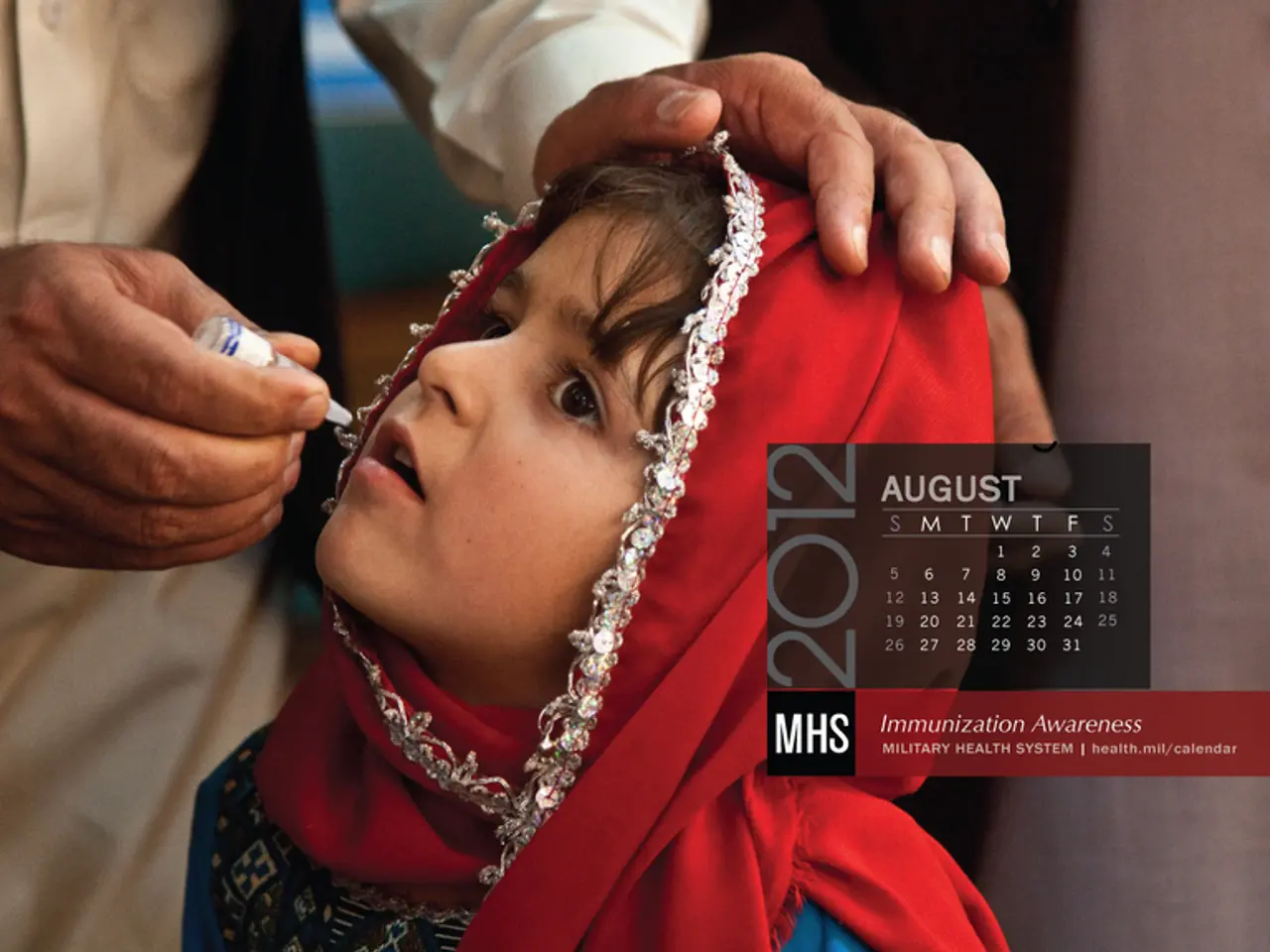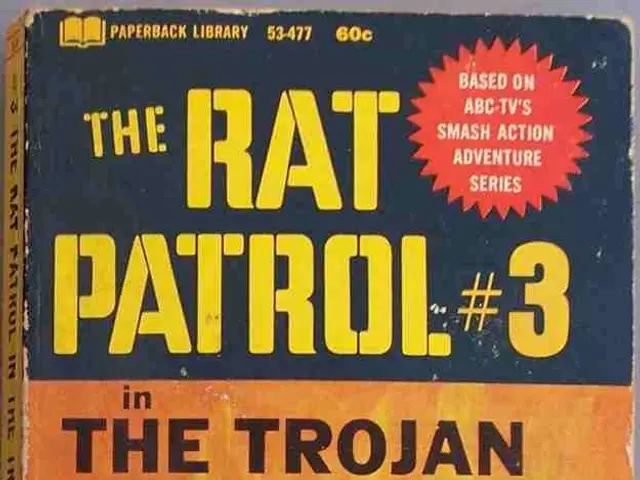Considering HPV vaccination: Its advantages, who it suits, and its safety aspects
The Human Papillomavirus (HPV) vaccine is a significant advancement in cancer prevention, offering long-term protection against HPV infections and related cancers for all age groups and sexes. The vaccine has undergone rigorous safety testing and is proven to be safe and effective, with minimal side effects.
Effectiveness Across Age Groups and Sexes
The HPV vaccine is most effective when given before any sexual activity or HPV exposure, typically in early adolescence. Young adolescents (9–14 years old) who receive the vaccine develop strong, durable immune responses, with neutralizing antibodies lasting at least 10–12 years. This provides near-complete protection against targeted HPV strains, which cause most HPV-related cancers.
Older individuals (25 years and beyond) can still gain significant benefits, particularly if they have not been exposed to all high-risk HPV strains. Catch-up vaccination helps reduce the risk of HPV-related cancers and supports immunity against new exposures.
Both males and females benefit from the vaccine, with women primarily gaining protection against cervical cancer, while men also gain protection against anal, penile, and oropharyngeal cancers.
Vaccine Types and Protection Breadth
Vaccines like Cervarix, Gardasil, and Gardasil 9 generate neutralizing antibodies against HPV strains with durable immunity. Gardasil 9 extends protection to nine HPV strains, broadening cancer prevention scope and potentially reducing overall HPV disease burden.
Safety and Side Effects
Side effects are generally mild and short-term, including headache, fatigue, injection site redness. There is no evidence linking the vaccine to infertility or autoimmune diseases, supporting its safety profile for long-term use.
Recommendations and Considerations
The Centers for Disease Control and Prevention (CDC) recommends HPV vaccination for all people who have not received it before. If a person encounters HPV later on, their immune system will already be capable of fighting the virus, preventing infection.
The vaccine is safe for children as young as 9 years old. People should avoid the HPV vaccine if they have a known allergy to the vaccine or any of its components, are pregnant, or have an allergy to baker's yeast (in the case of the 9-valent HPV vaccine, Gardasil 9). People who have a moderate or severe temporary illness may want to delay vaccination until they are well.
Regular screening tests are available for cervical cancer, but not for other forms of HPV-related cancers. The HPV vaccine is recommended for children around puberty, typically at 11-12 years old.
Recent Developments
In 2013, Japan temporarily suspended its HPV vaccination program due to media reports of side effects, leading to a dramatic decline in vaccination coverage and an increase in cervical cancer rates. However, Japan reinstated its HPV vaccination program in 2021, but uptake remains low.
In summary, the HPV vaccine is a powerful, long-lasting preventive tool effective across age groups and sexes, especially when administered early. Catch-up vaccination extends benefits to older individuals, and vaccine choice and timing critically influence overall effectiveness and cancer prevention outcomes. Regular screening tests remain important for early detection of precancerous changes.
Read also:
- Urgent investment: Province funds 5.3 million dollars for expanding primary care in Elgin-Middlesex-London area
- Federal Environmental Protection Agency under scrutiny for alleged manipulation of soil sample results following East Palestine catastrophe
- Colon Cancer Genetic Testing: Insights into its Function, Application, and Additional Details
- RFK Jr. Takes Bold Step in Vaccine Research Development, Possibly Poseing a Threat to Public Safety








